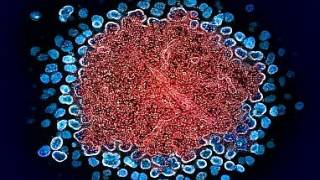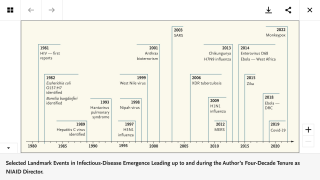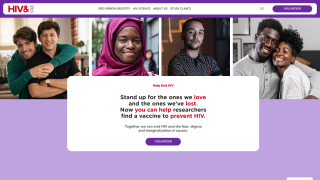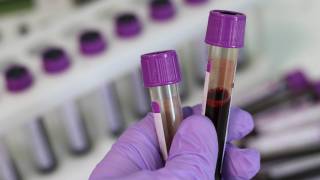When is HIV Sexually Untransmittable

In 2008, the Swiss National AIDS Commission claimed that people infected with human immunodeficiency virus (HIV) adhering to effective antiretroviral therapy (ART) do not transmit HIV.
Subsequently, researchers examined this concept and other evidence for sexual HIV transmission risk linked to viral load. They found sexual HIV transmission absent in cases involving less than 600 copies per mL and exceedingly rare in cases of less than 1000 copies per mL.
Published by The Lancet on July 22, 2023, these data provide a powerful opportunity to destigmatize HIV and promote adherence to ART through disseminating this positive public health message, wrote these researchers.
They conducted a systematic review of work published from January 2010 to November 17, 2022. Eight were included in the analysis, comprising 7762 serodiscordant couples across 25 countries.
Three studies showed no HIV transmission when the partner with HIV had a viral load of less than 200 copies per mL.
Across the remaining four prospective studies, there were 323 transmission events; none were in patients considered stably suppressed on ART.
Among all studies, two transmission cases occurred when the index patient's (i.e., patient with previously diagnosed HIV infection) most recent viral load was less than 1000 copies per mL.
However, the interpretation of both cases was complicated by long intervals (i.e., 50 days and 53 days) between the transmission date and the most recent index viral load result.
The certainty of evidence was moderate; the risk of bias was low.
While HIV vaccine candidates continue conducting clinical research as of July 30, 2023, these findings can also promote access to viral load testing in resource-limited settings for all people living with HIV by facilitating the uptake of alternative sample types and technologies.
Furthermore, the U.S. Food and Drug Administration has approved vaccines that can prevent certain sexually transmitted diseases caused by infections from bacteria, viruses, or parasites.
From a public health perspective, low-level viremia can also have implications for disease transmission risks and thus affect messaging for people living with HIV.
The public health community is actively seeking to address the transmission implications of low-level viremia and ensure that the most accurate and ethical messaging is offered to the public, wrote these researchers.
The Bill & Melinda Gates Foundation funded this new HIV study.
Our Trust Standards: Medical Advisory Committee























